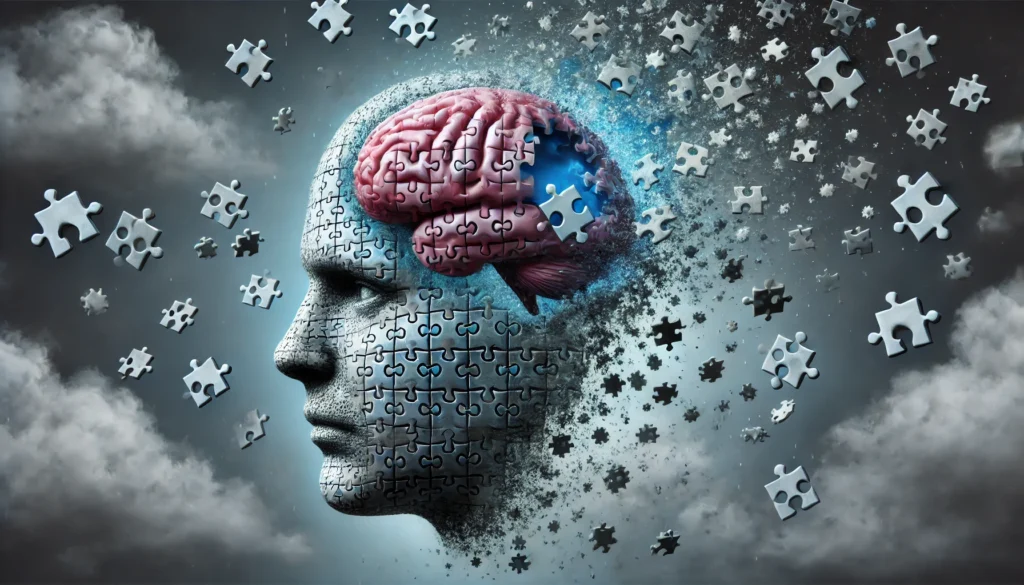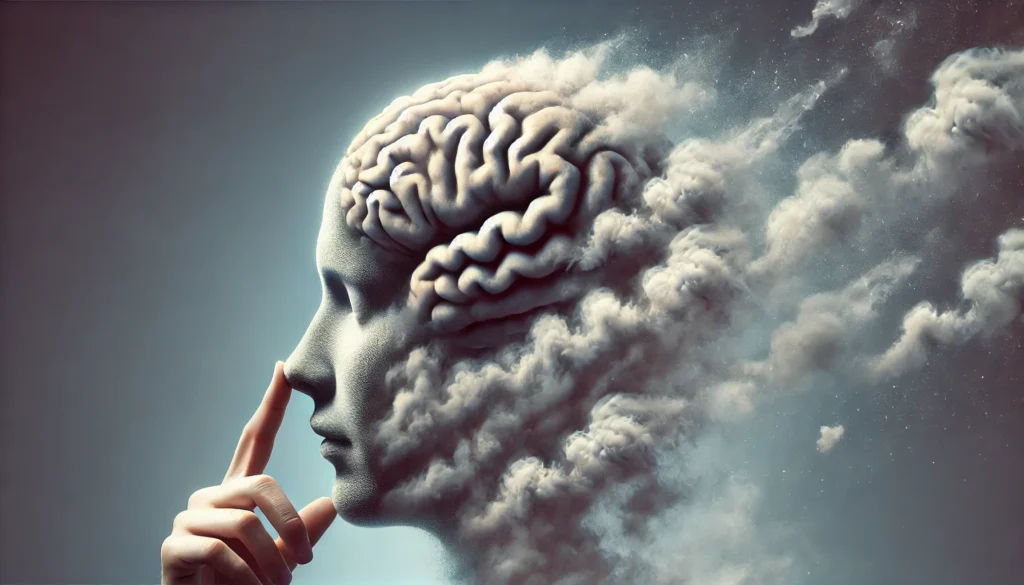Introduction to Alprazolam
Alprazolam, more commonly recognized by its brand name Xanax, is primarily prescribed for the treatment of anxiety and panic disorders. It belongs to a class of medications known as benzodiazepines, which function by enhancing the effect of a neurotransmitter called gamma-aminobutyric acid (GABA) in the brain, resulting in a calming effect. This mechanism helps alleviate the symptoms of anxiety, making it a popular choice among patients and healthcare providers.
You may also like: Understanding the Science Behind Lost Memory
Therapeutic Uses and Benefits
The therapeutic benefits of alprazolam are well-documented, particularly in managing anxiety disorders. Patients often report a significant reduction in anxiety symptoms, which can dramatically improve quality of life. Additionally, alprazolam is occasionally used off-label for other conditions such as depression and insomnia, though these uses require careful medical supervision.
Concerns and Considerations
While alprazolam is effective for managing anxiety, its use raises important questions concerning its impact on cognitive health, particularly among older adults who may be at risk of developing dementia. The potential for dependency and withdrawal symptoms also warrants careful consideration, making it crucial for patients and healthcare providers to weigh the benefits against possible risks.
Benzodiazepines and Cognitive Health
The Connection Between Benzodiazepines and Dementia
The relationship between benzodiazepines and dementia has been a topic of ongoing research and debate for several years. Some studies suggest that long-term use of benzodiazepines, including alprazolam, may be linked to an increased risk of developing dementia. This has led to pressing questions such as “Does alprazolam cause dementia?” and “Can benzodiazepines contribute to cognitive decline?” While some research indicates potential risks, the evidence is not definitive, highlighting the need for further investigation.
Cognitive Impairment and Benzodiazepine Use
Benzodiazepines may impair cognitive functions such as memory, attention, and reaction time, potentially leading to memory problems and cognitive impairment over time. Users often report difficulties with memory recall, which can be concerning for those already at risk of cognitive decline. However, it’s crucial to consider other factors such as dosage, duration of use, and individual health profiles when assessing cognitive risks associated with benzodiazepines.
Balancing Risks and Benefits
Understanding the potential cognitive risks of benzodiazepines involves balancing the benefits of anxiety relief against possible long-term effects on brain health. Healthcare providers must carefully evaluate each patient’s situation, considering factors such as age, family history of dementia, and overall health when prescribing these medications. Open communication between patients and providers is essential to ensure informed decision-making.
Exploring Specific Benzodiazepines and Dementia Risks
Alprazolam and Dementia
Alprazolam’s potential impact on dementia is a complex issue that requires careful consideration. While some research links its use to cognitive impairment, it’s important to note that many factors contribute to dementia, and medication is just one piece of the puzzle. Patients and healthcare providers must weigh the benefits of anxiety relief against the potential risks to cognitive health, particularly for individuals with a family history of dementia or other risk factors.

Other Benzodiazepines: Lorazepam and Clonazepam
Similar concerns exist regarding other benzodiazepines, such as lorazepam and clonazepam. Studies have investigated whether medications like lorazepam can cause dementia or if clonazepam is associated with cognitive decline. While these medications share similar properties with alprazolam, their specific impacts on dementia risk may vary based on individual patient factors, making personalized treatment plans essential.
Valium and Ativan: Are They Linked to Dementia?
Valium (diazepam) and Ativan (lorazepam) are additional benzodiazepines that have been scrutinized for their potential cognitive effects. Questions like “Does Valium cause dementia?” or “Can Ativan cause dementia?” continue to be researched. Some studies indicate a potential link, but the evidence remains inconclusive. Further investigation is needed to clarify these relationships and inform safe prescribing practices.
Practical Advice for Managing Benzodiazepine Use
Consulting Healthcare Professionals
For those concerned about the impact of benzodiazepines on cognitive health, consulting with healthcare professionals is crucial. Patients should always discuss medication use with a healthcare provider, especially if there are concerns about cognitive health or a family history of dementia. A thorough evaluation can help determine the most appropriate treatment approach.
Evaluating Medication Necessity
It’s essential to evaluate whether benzodiazepines are the most suitable treatment for anxiety or if alternative therapies might be effective. Cognitive-behavioral therapy, lifestyle changes, and non-benzodiazepine medications are potential options that may offer relief without the associated cognitive risks. A tailored approach can ensure that treatment meets the individual needs of each patient.

Monitoring Dosage and Duration
If benzodiazepines are deemed necessary, using the lowest effective dose for the shortest duration possible is recommended to minimize potential risks. Regular monitoring and follow-up appointments can help adjust treatment plans as needed, ensuring optimal outcomes while minimizing adverse effects on cognitive health.
Supporting Cognitive Health
Incorporating strategies that support cognitive health is vital for anyone using benzodiazepines. Activities such as regular exercise, a balanced diet, and cognitive exercises can promote brain health and potentially mitigate some of the cognitive risks associated with these medications. Engaging in hobbies, social activities, and lifelong learning can also contribute to cognitive resilience.
Future Implications and Research Directions
Ongoing Research on Benzodiazepines and Dementia
The relationship between alprazolam and dementia continues to be an area of active research. As our understanding of the brain and cognitive health evolves, so too will our knowledge of how medications like benzodiazepines impact these processes. Ongoing studies are essential to unravel the complexities of this relationship and provide clearer answers for healthcare professionals and patients.
Emerging Insights and Innovations
Future research may uncover new insights into the mechanisms by which benzodiazepines affect cognitive function, leading to the development of safer treatment options. Innovations in pharmacology and personalized medicine hold promise for improving anxiety management while minimizing cognitive risks. Staying informed about these advancements can empower patients and providers to make more informed decisions.
Guiding Informed Decision-Making
As research progresses, it will guide more informed decision-making for both healthcare professionals and patients. Understanding the potential cognitive impacts of benzodiazepines is key to optimizing treatment plans and ensuring patient safety. Collaborative efforts between researchers, clinicians, and patients will be essential to navigating this complex landscape and achieving optimal mental and cognitive well-being.

Conclusion
While the connection between alprazolam and dementia is not fully understood, being informed about potential risks is crucial for anyone using or considering benzodiazepines. By staying informed and working closely with healthcare providers, individuals can make decisions that balance the benefits of anxiety relief with the importance of cognitive health. In this complex landscape, ongoing research and a personalized approach to medication management are key to optimizing both mental health and cognitive well-being.
Further Reading:
Commonly prescribed drugs could raise risk for Alzheimer’s
Anxiety Meds Valium, Xanax And Ativan May Not Lead To Dementia After All
The harms of benzodiazepines for patients with dementia
Important Note: The information contained in this article is for general informational purposes only, and should not be construed as health or medical advice, nor is it intended to diagnose, prevent, treat, or cure any disease or health condition. Before embarking on any diet, fitness regimen, or program of nutritional supplementation, it is advisable to consult your healthcare professional in order to determine its safety and probable efficacy in terms of your individual state of health.
Regarding Nutritional Supplements Or Other Non-Prescription Health Products: If any nutritional supplements or other non-prescription health products are mentioned in the foregoing article, any claims or statements made about them have not been evaluated by the U.S. Food and Drug Administration, and such nutritional supplements or other health products are not intended to diagnose, treat, cure, or prevent any disease.


